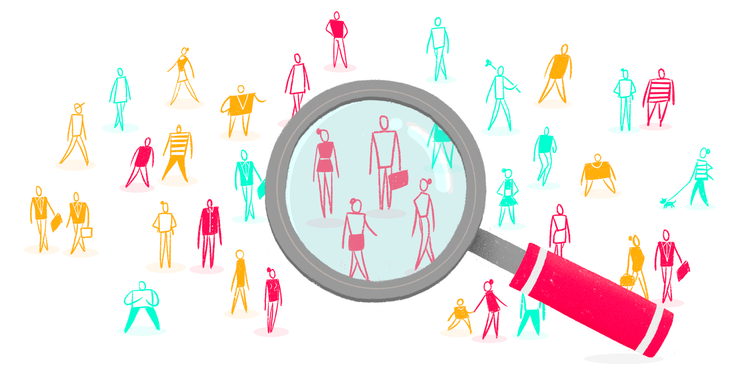What is focus? Simply put, it's a process of paying attention. It's a powerful process that can change behavior.
A focus group is basically a small group conversation led by an experienced leader to a specific topic. Sometimes it's used as a way to further explore a particular topic, and sometimes as an informal way to share common opinions. Typical examples:

A teacher might lead a small talk focused on ways to motivate children. Teachers know this because they all have students with different skill sets. One teacher may offer an example of how he/she constantly motivates her/himself by focusing on the child's entire body and saying "You can do it!" Others in the group listen with interest while the teacher continues with his/her examples. This "on-the-spot" inspiration doesn't happen by itself-it takes sustained listening and encouraging from a moderator or another participant.
In other situations a moderator might be asked to do a quick focus group with several people in a classroom. Sometimes a question is asked for an immediate response and the group needs to find the right answers fast. The moderator must stay connected to the questions until the answers are given and then offer encouragement when appropriate. The most effective moderators are those who are able to diffuse any tense situations. Being able to defuse a situation occurs when one person gives an answer that encourages another, rather than forcing a response from another.
Another common use of a focus group session is to evaluate an idea or problem through group dynamics. For instance, some organizations use focus groups to find out what employees think about important issues, team member contributions to various projects, and performance feedback for leaders. Through these types of group dynamics, ideas are shared and problem solved more effectively. The goal of the evaluation is to discover new ways of doing things, identify strengths and weaknesses, and build on strengths. Evaluation can also be done using one-to-one conversation between focused group participants.
Different types of exercises can be used for facilitative listening. One of these exercises is known as the 'conversation exercise.' In this exercise, a simple question or problem is posed to the group. The moderator then asks group members to offer their own opinions on the matter. The group may come up with several different solutions to the problem, or there may be only one or two individuals who can provide the solution. When this happens, the moderator will then give the group a vote based on the number of individuals who can provide the best answer.
The exercises presented above can all be applied to sales departments using focus groups. However, these exercises require some initial preparation. Before conducting these exercises, it is important to determine how the group will come up with the best solutions to the problems that the group faces. This is necessary so that the exercises can be more effective. For example, if a group finds that most of the responses that they have come up with do not make any sense, then they should know that this is not going to help them come up with an answer. On the other hand, if the exercises seem to be working quite well and there is an agreement on the problem, then group members should know that they are likely to have success.

Using focus groups to improve sales is a process which takes time, patience, creativity, and listening carefully to the suggestions of the participants. In order for these exercises to be successful, careful planning is needed. After a focus group session, each participant should go over their answers very carefully and any other thoughts that were raised during the session should also be thoroughly thought out.
Congratulations, your post has been curated by @r2cornell
Also, find us on Discord (https://discord.gg/BAn2amn)
https://discord.gg/BAn2amn